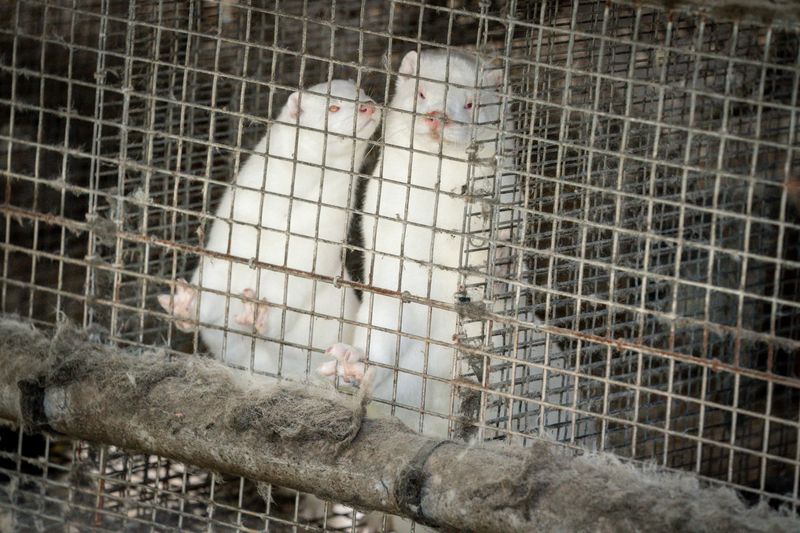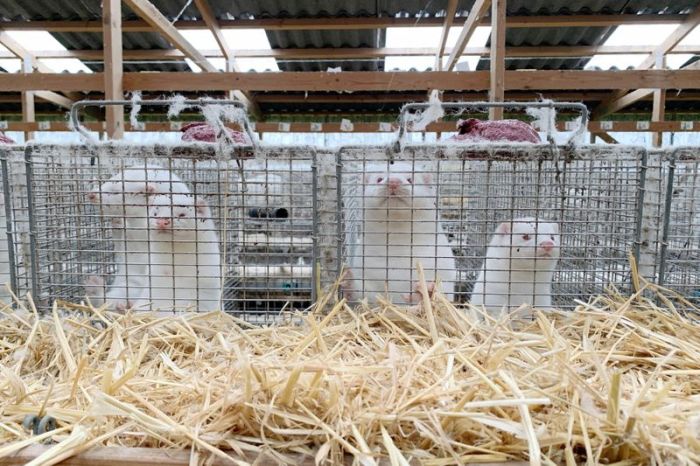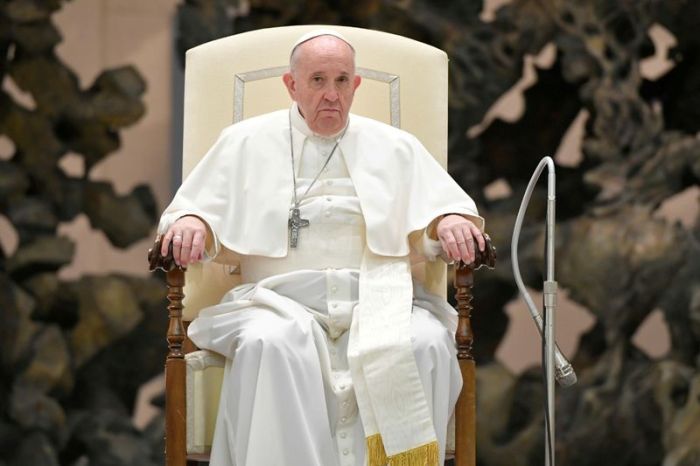GENEVA (Reuters) – Mink appear to be susceptible to the new SARS-CoV-2 virus and “good reservoirs” for the disease, with a mutated strain having caused infections in a dozen people in Denmark, a World Health Organization official said on Thursday.
Denmark plans to cull its entire mink population and announced strict new lockdown measures in the north of the country to prevent a mutated coronavirus from spreading in the animals and to humans.
“So there is a risk of course that this mink population could contribute in some way to the transmission of the virus from minks into humans, and then onwards from humans to humans,” Catherine Smallwood, a senior emergency officer at WHO’s European office in Copenhagen, said in a social media event.
While the research into this specific variant of the virus is significant, she said it’s “totally normal” for the virus to change genetically over time.
“We are tracking these (changes) very very carefully and that’s why we are so interested in this particular information,” she said, adding that it should not alter how governments and authorities around the world are trying to control the pandemic.
Hans Kluge, WHO European regional director said Denmark showed “determination and courage” in the face of a decision to cull its mink population of 17 million animals, which has a “huge economic impact”.
(Reporting by Stephanie Nebehay; Writing by Josephine Mason in London; Editing by Chris Reese, Kirsten Donovan)























